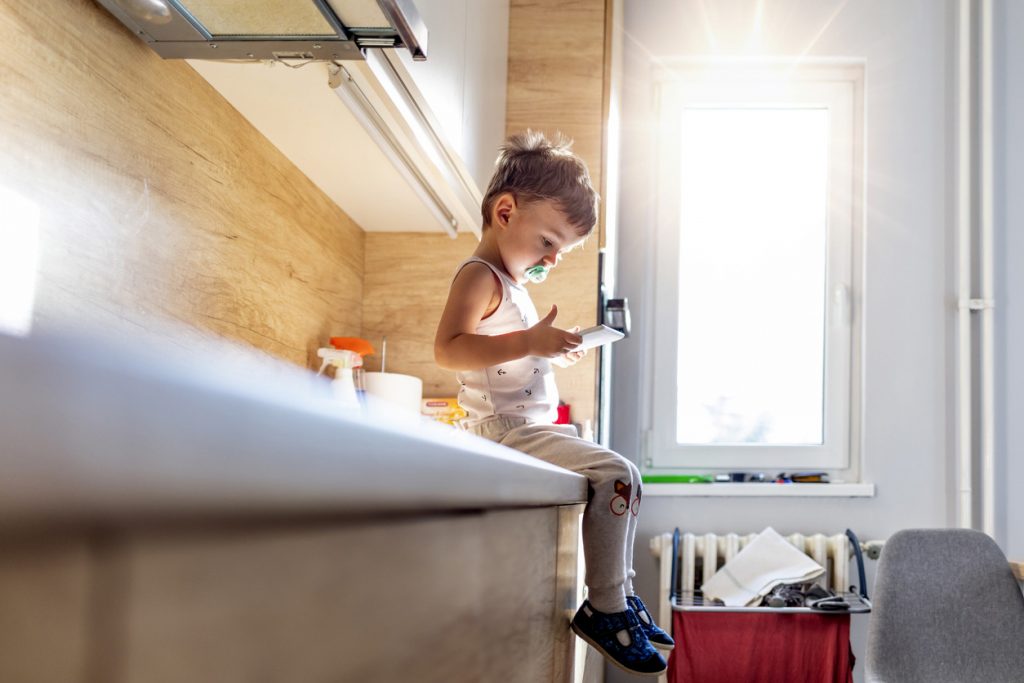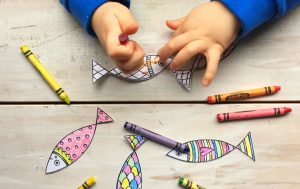How To Help Your Child Break a Habit

Will my toddler ever give up their pacifier? Will I ever have an uninterrupted conversation? Will they ever get out of the whining phase? The answer to all of these questions is yes. But it sure can seem like an eternity when you’re trying to help your child change their behaviour.
From hitting to whining and even a pull-up dependency, here are some pointers we could all use to help kick those habits.
The Habit: Pacifier passion
Start the conversation by reading some children’s books about giving up soothers. To begin, limit pacifier use to specific times. Then, choose a ‘Give Up Soother Day’ on the calendar. Time it during a vacation or weekend, particularly if your child depends on soothers to sleep. And don’t fall into the trap of lying down with your child and becoming the substitute soother!
The Habit: Nose picking
First, teach them to blow their nose! Then, be sure to keep the nose lubricated with an appropriate moisturizer and always have tissues on hand. Show them how to remove crusted mucus with a tissue-wrapped finger—in a private place. If public nose-picking continues, ask if they need to go to the bathroom or simply pass a tissue to them. Or, try saying ‘I’m not watching that. I’m leaving.’
The Habit: Hitting
You hit, you sit. Tell kids that if they choose to hit, they will be removed from the situation (30 seconds for two-year-olds; 3-5 minutes for five-year-olds: 10-15 minutes for older kids). Explain they have alternatives to hitting: using their words, walking away or asking for help. But if they hit, they’re not welcome. If they hit again, remove them from the situation again.
The Habit: Whining
If you give them what they’re whining for—you’ll just get more whining. Instead, try staying neutral and consistent—and try not to lose your cool no matter how grating the sound is. Try saying’ ‘I don’t like that voice, when you use your own voice I can help.’
The Habit: A pull-up/on diaper dependency
It’s important not to force, pressure or shame your little one. Focus on making it a fun experience: go shopping together to pick out new underwear and read books about giving up diapers. Kids want to do what their peers are doing, so set up playdates with friends who are able to use the toilet independently. Most of all, give it time. Know that eventually, they will want to be like everyone else—wearing underwear and using the toilet.
The Habit: Interrupting
Set clear expectations: I need a few minutes to talk to Grandma. Unless it’s an emergency, I do not want to be interrupted. You can also give them something to keep them busy, like a basket of toys they don’t see very often—it teaches them to entertain themselves. Try your best not to give in: it only reinforces the behaviour. However, you can empathize: I know it’s hard to wait. What can you do differently next time?
The Habit: Second-guessing yourself
This one is for you, parents. Remember to give yourself a break. It’s unlikely your first attempt to kick a habit will be 100 percent successful—kids just aren’t wired that way. The frontal lobe, the part of the brain that controls judgment, problem-solving and impulse control, takes 25 years to fully develop. Parents are substitute frontal lobes; our job is to correct and inhibit and provide that brain function. So don’t take it personally or be hard on yourself. It takes time to change behaviour.














